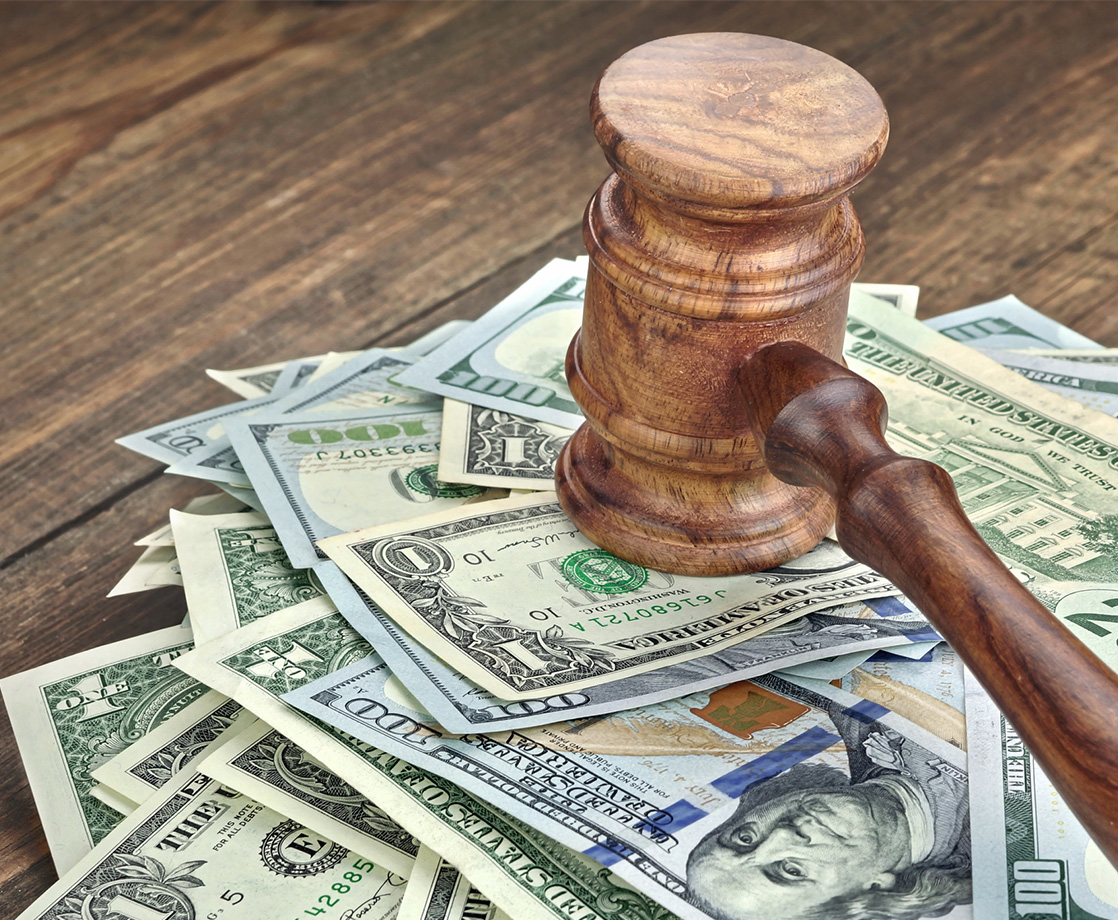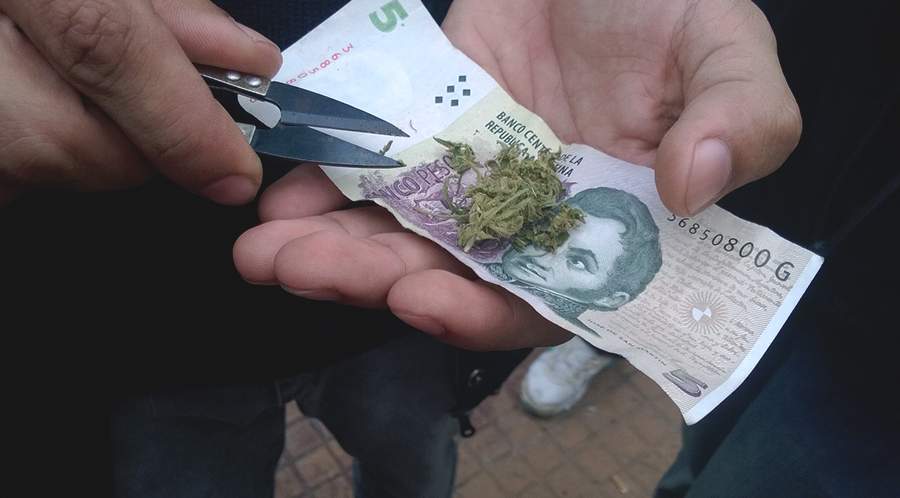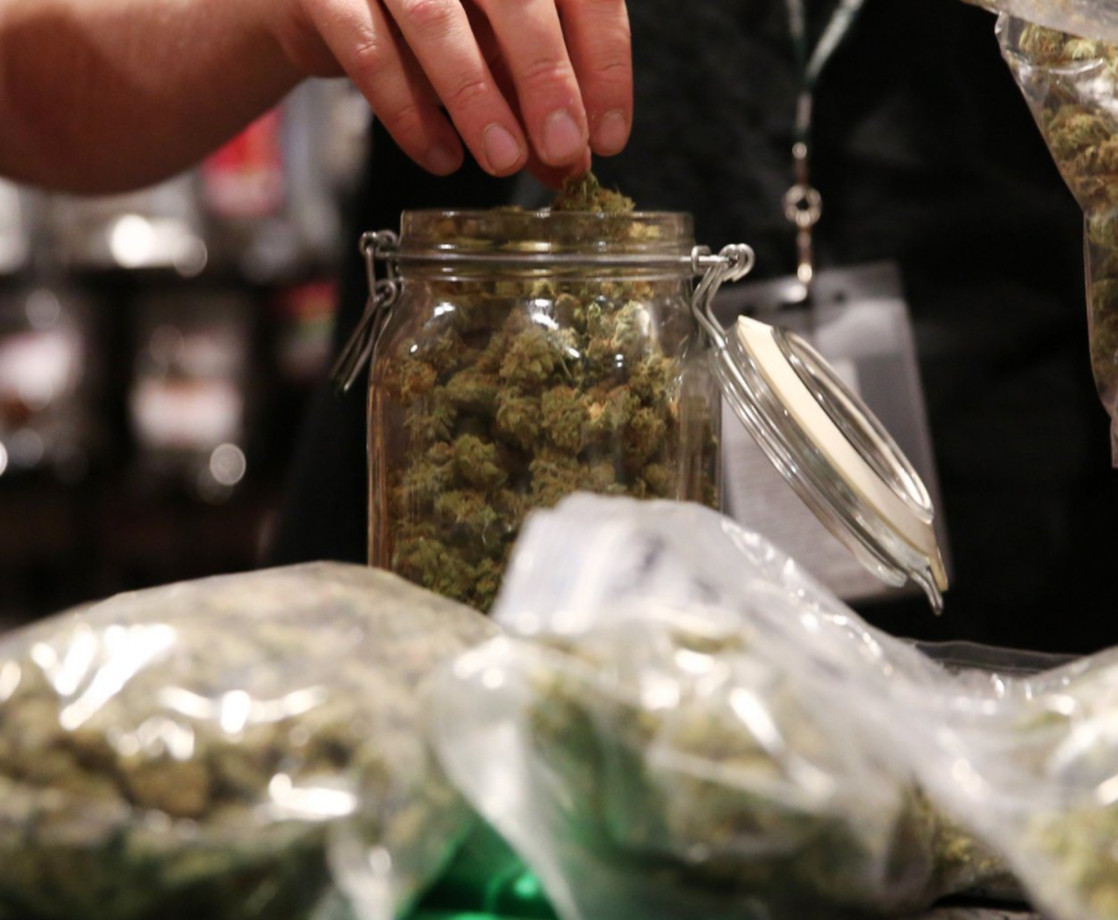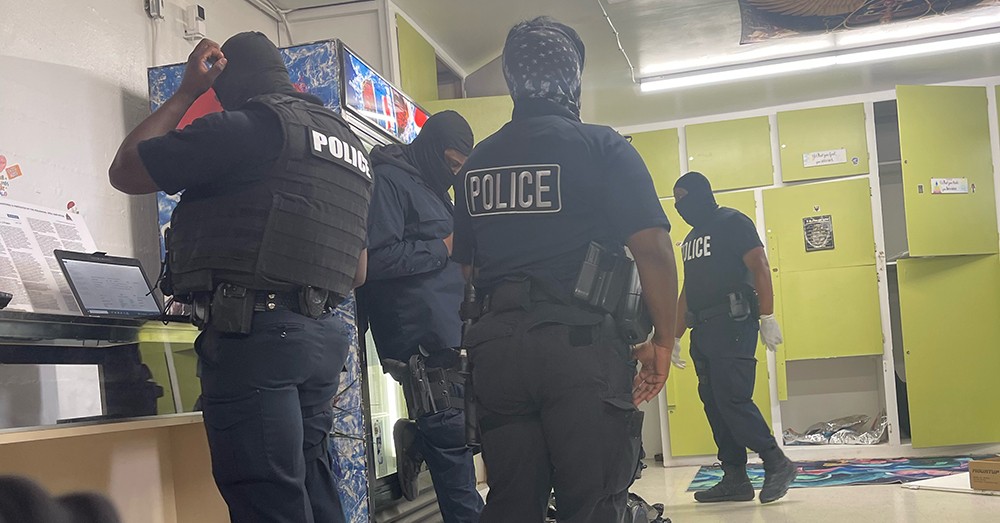The US government still considers marijuana to be one of the most dangerous and illegal drugs in existence, as evinced by cannabis’s Schedule I status. But a US Department of Justice anti-trust probe into the nascent regulated pot industry suggests that the feds may have to start playing along with pot businesses, regardless of the plant’s outlaw status.
As reported by Bloomberg, the DOJ-led probe is currently reviewing antitrust cases for at least six marijuana company acquisitions. Until the DOJ clears the mergers, the deals will go nowhere.
.png)
Source: Bloomberg
The Curaleaf mergers, if cleared, would make the Massachusetts-based company the largest weed operation in the world, with a valuation of $900 million.
Although the DOJ’s reviews technically fall under antitrust regulations, industry insiders don’t believe the DOJ is actually trying to block pot monopolies from forming. That’s because the state-legal cannabis industry is highly fragmented, and there still isn’t a major player who wields enough influence over the markets to qualify as a monopoly.
Instead, the DOJ is likely conducting the reviews to gather information on cannabis companies: size, capital, distribution networks, investor profiles, etc. Currently, the federal government possesses little to no information on how state-licensed pot companies operate, even though the regulated industry in the US is currently worth over $9 billion. In 2017, the federal government collected $4.7 billion in taxes from state-legal cannabis companies, even though the drug remains classified as Schedule I, a category reserved only for drugs that have no accepted medical use.
“If you came in with a plastics deal, they’ve probably got bios and databases on every plastics company in the history of mankind; you come in with cannabis and they would have no idea how big a company is or what they do,” Hadley Ford, chief executive officer of iAnthus Capital Holdings Inc., a pot investment firm that recently acquired up-and-coming cannabis companies, told Bloomberg.
“I can’t imagine any of them [getting] denied ultimately, but I think it will be a grinding process while the DOJ gets up the curve at everyone’s expense,” Ford continued.
This isn’t the federal government’s first big dig into state-legal cannabis businesses. Last month, the FBI launched a corruption probe into pot companies and state regulators due to concerns that cannabis entrepreneurs may be bribing state officials for preferential licensing.
The FBI’s first high-profile bust took place this week when the mayor of Fall River, Massachusetts, Jasiel Correia II, was arrested for allegedly accepting over $600,000 and pounds of weed in bribes from cannabis business owners.
Is the federal government’s discerning interest in the fledgling weed industry a sign that a massive crackdown is coming? Or is it a sign that the marijuana markets are going mainstream, and they’re finally being vetted like any other industry?
Follow Randy Robinson on Twitter











